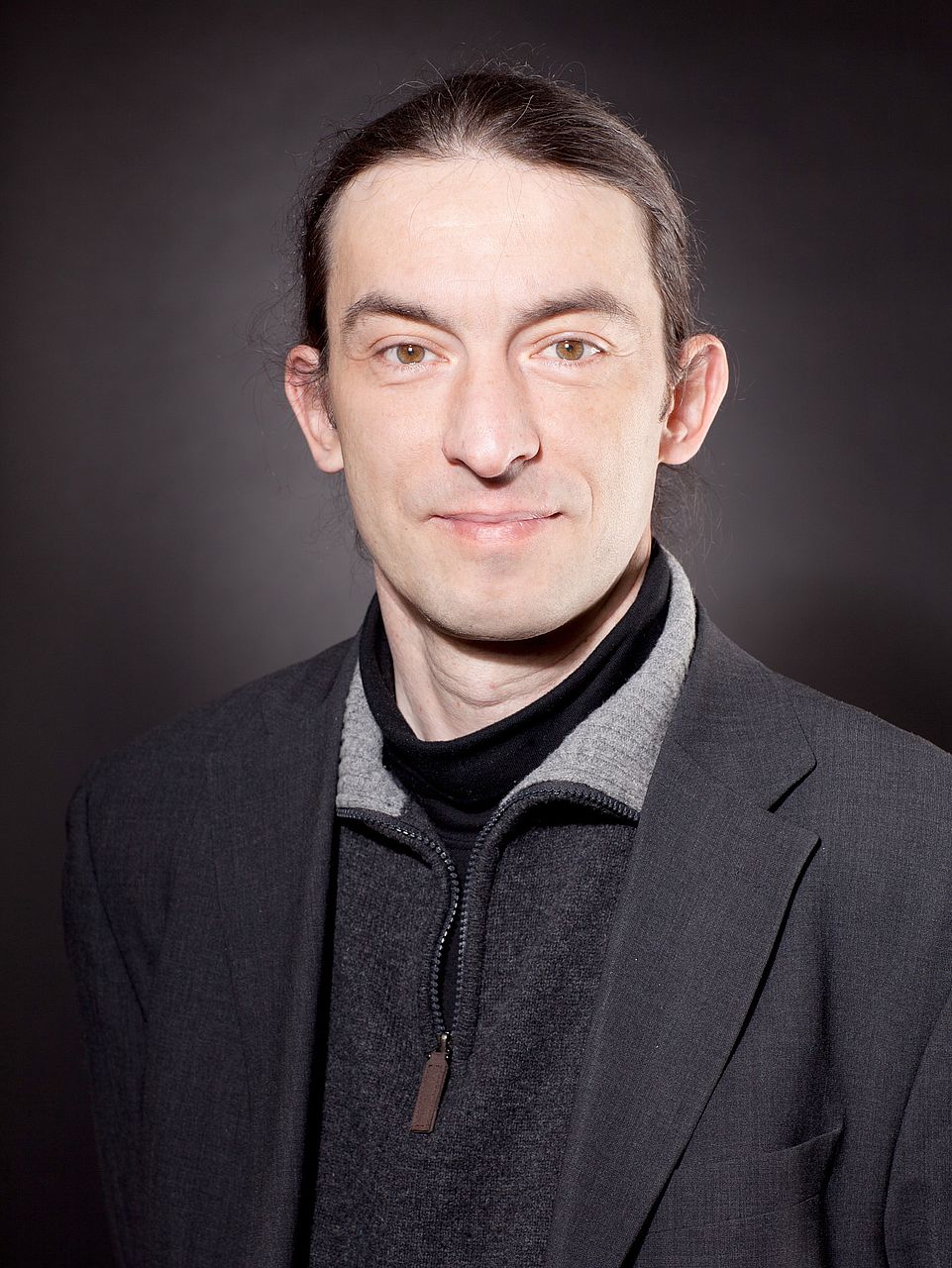
Time & Date: 13.12.2018
5-7 ct
Room 47.0.501 (Teaching block WWP)
Universität West
Albert-Einstein-Allee 47
89081 Ulm
Links:
Cognitive Systems and Human-Computer Interaction
Cognitive Systems M.Sc.
Abstract. 150 years ago, the physiologist Karl Vierordt discovered one type of systematic errors in time perception – an overestimation of long durations and underestimation of short durations, now known as Vierordt’s law. Similar errors, also known as central tendency or regression effect, have been found in estimation experiments on distance, sound level, and other magnitudes. Using iterative Bayesian updating, we show that Vierordt's original results can be simulated with astonishing accuracy. However, the iterative model allows an important conclusion: Vierordt’s law is a result of the experimental randomization protocol. To validate whether the experimental protocol matters, we compared duration reproduction from two sequences with the same sampled distribution and found that trial-wise variation determines the reproduction error. We conclude that Vierordt’s law, the central tendency, and similar results are caused by an unnatural yet widely used experimental protocol. Generalization of systematic biases from such protocols to daily life, as still found in the literature, is therefore unwarranted.
Bio. Stefan Glasauer is Full Professor and Chair of Computational Neuroscience at Brandenburg University of Technology in Cottbus-Senftenberg. He studied electrical engineering at TUM and was a PhD fellow at the MPI for Behavioural Physiology in Seewiesen. In 1992 he received his PhD (Dr.-Ing.) from TUM and in 2005 he habilitated in Experimental Neurology and Clinical Neurophysiology. Until 2018 he was Apl-Professor at the Department of Neurology at LMU Munich, and Deputy Executive Director of the German Centre for Vertigo and Ocolumotor Disorders, LMU

Time & Date: 13.12.2018
5-7 ct
Room 47.0.501 (Teaching block WWP)
Universität West
Albert-Einstein-Allee 47
89081 Ulm
Links:
Cognitive Systems and Human-Computer Interaction
Cognitive Systems M.Sc.